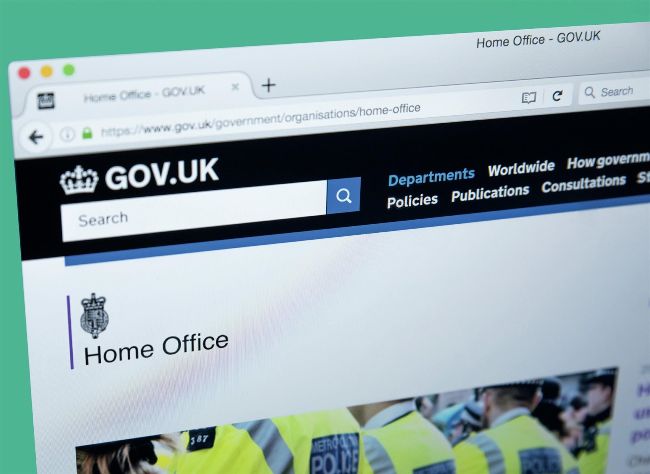NEW FIREARMS FEES: PROGRESS OR MORE FRUSTRATION?
The Labour government’s revised firearms licensing fees follow a long Home Office review. Simon West, executive director of the Gun Trade Association, highlights ongoing frustrations with service standards and calls for greater accountability and improvements.
The Labour government have started getting a grip on the long overdue legislative activity in the firearms portfolio. The review was started by the Home Office at the beginning of 2022. Fees hadn’t been reviewed for seven years at that point. The government engaged with consultants to collect data from police forces about the time taken for every part of the licensing system. That was all costed and presented in a wealth of spreadsheets. Inconsistencies between forces revealed problems with the initial data capture and the work had to be redone. Eventually, a Fees Working Group was established to bring together the Home Office, the police, some shooting organisations and the GTA.
We were given privileged access to the data and were able to examine the detail. There were certain aspects of the study that attracted our attention and we wrote to the Home Office to request adjustments. Now I’m pleased to say these were recognised, particularly in relation to the RFD costs.
The model that we were engaged with back in 2023 is little different from that which has been published now. While we have continued to enjoy the old rates for longer, the vacuum created by governmental delays has resulted in some scare stories being spread by some – and I have heard of many stories of FEOs suggesting that a shotgun certificate would cost £400£500. Combined with the uncertainty on lead restrictions, increasing scrutiny in firearms licensing post Plymouth, licensing delays and the general cost of living crisis, we have seen many leave our sport.
I am deeply frustrated by police forces that have failed us with their inadequate service in processing licences. There are direct links to the fees issue and licensing departments in many areas have not had the resources they desperately need. Right from the start in the Firearms Fees Working Group, all the shooting organisations demanded improvement in service in advance of higher fees. That, of course, hasn’t happened and is a huge concern. There seems to be no national mechanism to hold police forces accountable for their service. Some patchy progress has been made at local level through engagement with police and crime commissioners.
What we have needed for years is a proper and open disclosure of performance figures. I requested that data in a freedom of information request in August 2022. At that time, the National Firearms Licensing coordinator didn’t even have the figures. They started collecting them and have been sitting on the data for more than two years. In a follow-up freedom of information request from the National Police Chiefs Council last year, I was promised the data by the end of 2024. It has still not appeared.
I have, however, had privileged sight of some of the numbers and it doesn’t reflect well on many forces. The full publication seems to be held up due to the potential embarrassment to some chief constables. That is exactly why I want it.
How can the police really claim to conduct open and accountable policing if they consistently hide the data? The fight continues.
So, we do now have a new fees regime – and many of you have already recognised it’s not as bad as it could have been. The costs have been calculated based on a rigorous examination of every part of licensing, so the police now have no excuses. As for our community, we do at least know now what’s happening and I hope we can use that to build consumer confidence.
The money collected from fees is ring fenced for the police, but nothing says it has to go to licensing departments. We saw in the Labour manifesto that firearms fees would be based on ‘full cost recovery’ – actually that’s what the Treasury rules state should happen in such services, but they also talked about funding community knife crime initiatives through the hike. That, thankfully, doesn’t appear to have manifested itself.
What we need now is a concerted effort by Chief Constables to ensure they are providing a proper public service, supporting the legitimate firearms community and protecting public safety. Some can do it – why not all?
The study we are now conducting, funded by the Shooting Industry Fund, will examine where we are and where we want to be. We are working with the Home Office and the police to examine best practice and find what has gone wrong. We are also looking at the longer term and how legislation might be changed to remove all the wasteful efforts of licensing departments that have no bearing on public safety.
That study should produce the evidence we need to be able to shape the future for everyone’s benefit. What we will need in parallel is a system of holding delivery of service to account.
We can all play our part and certainly building relationships with police and crime commissioners, chief constables and licensing departments are all important. Ultimately however, we need strong leadership in the Home Office to ensure the service works.

IMAGE: SHUTTERSTOCK - CHRISDORNEY